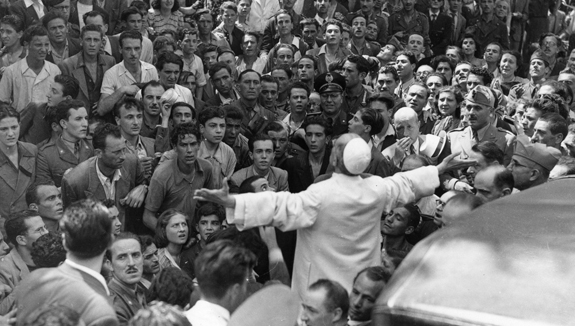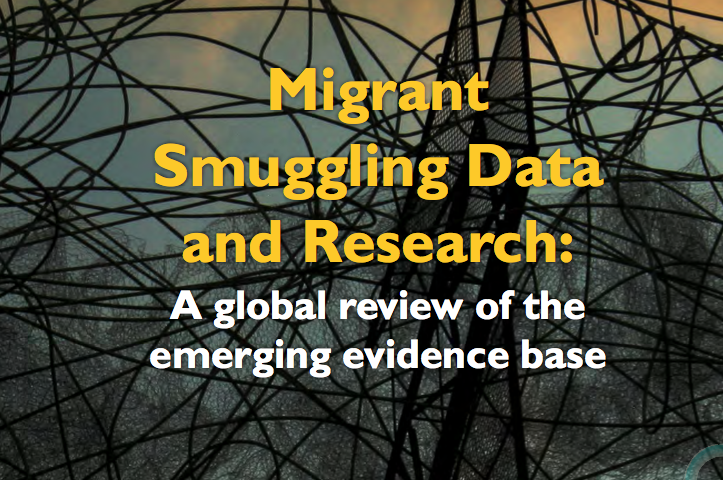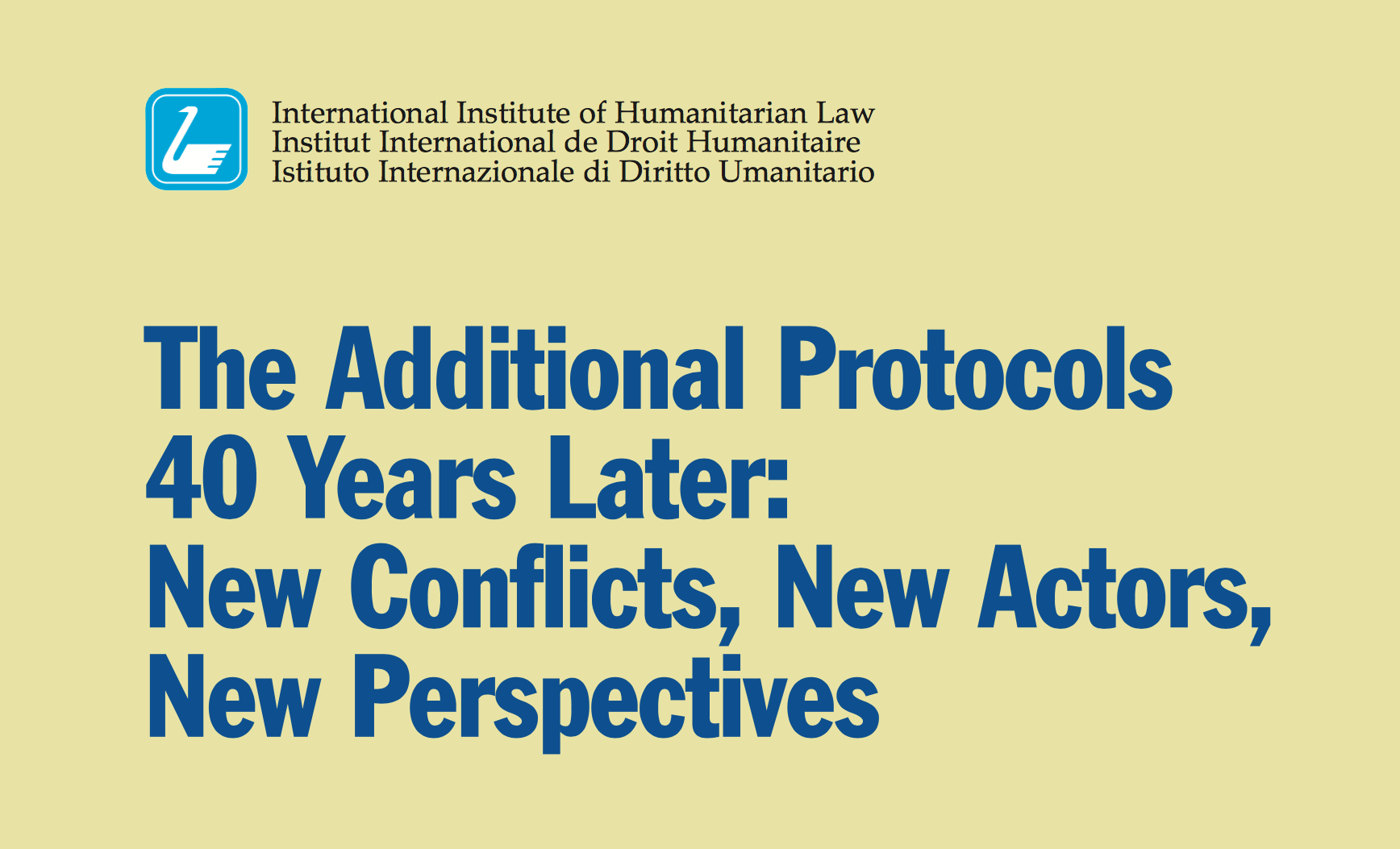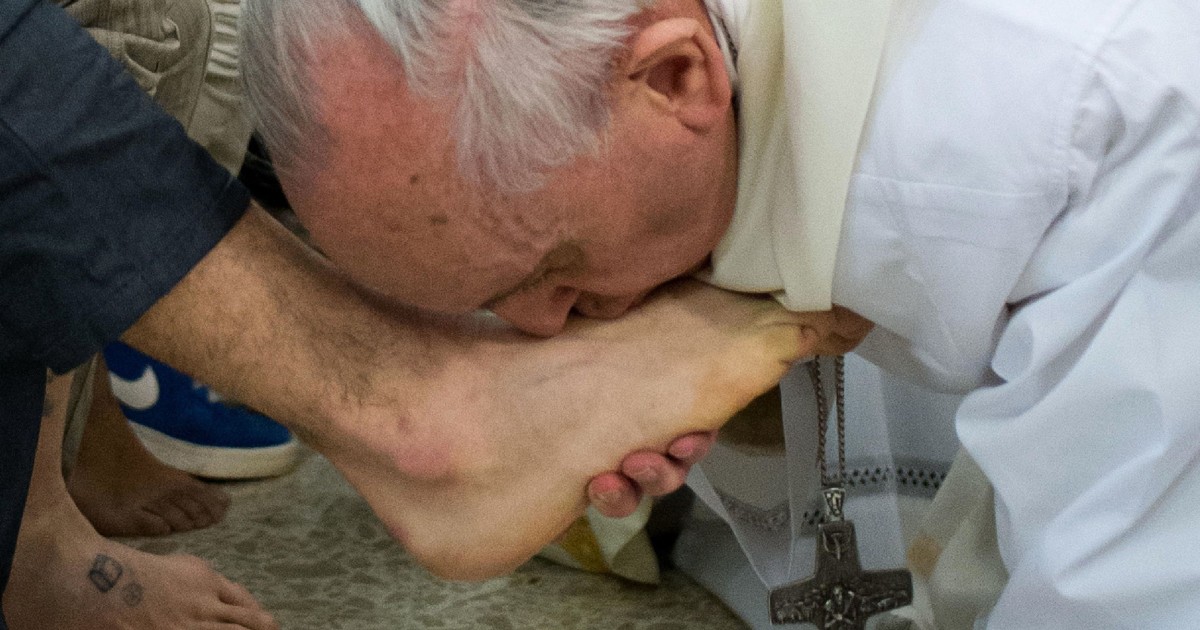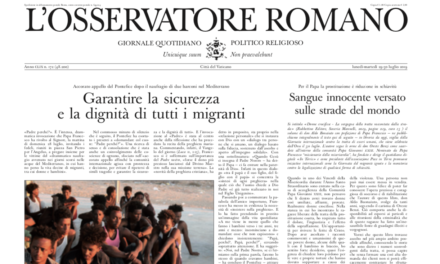http://www.papalencyclicals.net/pius12/p12psych.htm
The Moral Limits Of Medical Research And Treatment
An address given September 14, 1952 by His Holiness Pope Pius XII to the First International Congress on the Histopathology of the Nervous System.
1. The “First International Congress on the Histopathology of the Nervous System” has succeeded in covering a truly vast amount of material. Through detailed explanation and demonstration it had to put into exact perspective the causes and first beginnings of the diseases of the nervous system properly so called and of the diseases we call psychic. A report was read and an exchange of views held on recent ideas and discoveries concerning lesions of the brain and other organs, which are the origin and cause of nervous diseases as well as of psychopathic illness. These discoveries have been made, partly, through entirely new means and methods. The number and nationality of the participants in the Congress, and especially of the speakers, show that specialists of the most diverse countries and nationalities have exchanged experiences for their own mutual benefit and to promote the interests of science, the interests of the individual patient and the interests of the community.
2. You do not expect Us to discuss the medical questions which concern you. Those are your domain. During the past few days you have taken a general view of the vast field of research and work which is yours. Now, in answer to the wish you yourselves have expressed, We want to draw your attention to the limits of this field-not the limits of medical possibilities, of theoretical and practical medical knowledge, but the limits of moral rights and duties. We wish to make Ourself the interpreter of the moral conscience of the research worker, the specialist and the practioner and of the man and Christian who follows the same path.
3. In your reports and discussions you have caught sight of many new roads, but there remain a number of questions still unsolved. The bold spirit of research incites one to follow newly discovered roads, to extend them, to create new ones and to renew methods. A serious, competent doctor will often see with a sort of spontaneous intuition the moral legality of what he proposes to do and will act according to his conscience. But there are other instances where he does not have this security, where he may see or think he sees the contrary with certainty or where he doubts and wavers between Yes and No. In the most serious and profound matters, the man in the physician is not content with examining from a medical point of view what he can attempt and succeed in. He also wants to see his way clearly in regard to moral possibilities and obligations.
4. We would like to set forth briefly the essential principles which permit an answer to be given to this question. The application to specific cases you will make yourselves in your role of doctor, because only the doctor understands the medical evidence thoroughly both in itself and in its effects and because without exact knowledge of the medical facts it is impossible to determine what moral principle applies to the treatment under discussion. The doctor, therefore, looks at the medical aspect of the case, the moralist, the laws of morality. Ordinarily, when explained and completed mutually, the medical and moral evidence will make possible a reliable decision as to the moral legality of the case in all its concrete aspects.
5. In order to justify the morality of new procedures, new attempts and methods of research and medical treatment, three main principles must be kept in mind:
1) The interests of medical science.
2) The interests of the individual patient to be treated.
3) The interests of the community, the “bonum commune.”
6. We ask whether these three interests, taken singly or even together, have absolute value in motivating and justifying medical treatment or whether they are valid merely within certain determined limits? In the latter case, what are these limits? To this We shall try to give a brief answer.
I. The Interests of Science as Justification for Research and the Use of New Methods.
7. Scientific knowledge has its own value in the domain of medical science no less than in other scientific domains, such as, for example, physics, chemistry, cosmology and psychology. It is a value which must certainly not be minimized, a value existing quite independently of the usefulness or use of the acquired knowledge. Moreover, knowledge as such and the full understanding of any truth raise no moral objection. By virtue of this principle, research and the acquisition of truth for arriving at new, wider and deeper knowledge and understanding of the same truth are in themselves in accordance with the moral order.
8. But this does not mean that all methods, or any single method, arrived at by scientific and technical research offers every moral guarantee. Nor, moreover, does it mean that every method becomes licit because it increases and deepens our knowledge. Sometimes it happens that a method cannot be used without injuring the rights of others or without violating some moral rule of absolute value. In such a case, although one rightly envisages and pursues the increase of knowledge, morally the method is not admissible. Why not? Because science is not the highest value, that to which all other orders of values-or in the same order of value, all particular values-should be subordinated. Science itself, therefore, as well as its research and acquisitions, must be inserted in the order of values. Here there are well defined limits which even medical science cannot transgress without violating higher moral rules. The confidential relations between doctor and patient, the personal right of the patient to the life of his body and soul in its psychic and moral integrity are just some of the many values superior to scientific interest. This point will become more obvious as We proceed.
9. Although one must recognize in the “interests of science” a true value that the moral law allows man to preserve, increase and widen, one cannot concede the following statement: “Granted, obviously, that the doctor’s intervention is determined by scientific interest and that he observes the rules of his profession, there are no limits to the methods for increasing and deepening medical science.” Even on this condition, one cannot just concede this principle.
II. The Interests of the Patient as Justification of New Medical Methods of Research and Treatment.
10. In this connection, the basic considerations may be set out in the following form: “The medical treatment of the patient demands taking a certain step. This in itself proves its moral legality.” Or else: “A certain new method hitherto neglected or little used will give possible, probable or sure results. All ethical considerations as to the licitness of this method are obsolete and should be treated as pointless.”
11. How can anyone fail to see that in these statements truth and falsehood are intermingled? In a very large number of cases the “interests of the patient” do provide the moral justification of the doctor’s conduct. Here again, the question concerns the absolute value of this principle. Does it prove by itself, does it make it evident that what the doctor wants to do conforms to the moral law?
12. In the first place it must be assumed that, as a private person, the doctor can take no measure or try no course of action without the consent of the patient. The doctor has no other rights or power over the patient than those which the latter gives him, explicitly or implicitly and tacitly. On his side, the patient cannot confer rights he does not possess. In this discussion the decisive point is the moral licitness of the right a patient has to dispose of himself. Here is the moral limit to the doctor’s action taken with the consent of the patient.
13. As for the patient, he is not absolute master of himself, of his body or of his soul. He cannot, therefore, freely dispose of himself as he pleases. Even the reason for which he acts is of itself neither sufficient nor determining. The patient is bound to the immanent teleology laid down by nature. He has the right of use, limited by natural finality, of the faculties and powers of his human nature. Because he is a user and not a proprietor, he does not have unlimited power to destroy or mutilate his body and its functions. Nevertheless, by virtue of the principle of totality, by virtue of his right to use the services of his organism as a whole, the patient can allow individual parts to be destroyed or mutilated when and to the extent necessary for the good of his being as a whole. He may do so to ensure his being’s existence and to avoid or, naturally, to repair serious and lasting damage which cannot otherwise be avoided or repaired.
14. The patient, then, has no right to involve his physical or psychic integrity in medical experiments or research when they entail serious destruction, mutilation, wounds or perils. 15. Moreover, in exercising his right to dispose of himself, his faculties and his organs, the individual must observe the hierarchy of the orders of values-or within a single order of values, the hierarchy of particular rights ‑insofar as the rules of morality demand. Thus, for example, a man cannot perform on himself or allow doctors to perform acts of a physical or somatic nature which doubtless relieve heavy physical or psychic burdens or infirmities, but which bring about at the same time permanent abolition or considerable and durable diminution of his freedom, that is, of his human personality in its typical and characteristic function. Such an act degrades a man to the level of a being reacting only to acquired reflexes or to a living automation. The moral law does not allow such a reversal of values. Here it sets up its limits to the “medical interests of the patient.”
16. Here is another example. In order to rid himself of repressions, inhibitions or psychic complexes man is not free to arouse in himself for therapeutic purposes each and every appetite of a sexual order which is being excited or has been excited in his being, appetites whose impure waves flood his unconscious or subconscious mind. He cannot make them the object of his thoughts and fully conscious desires with all the shocks and repercussions such a process entails. For a man and a Christian there is a law of integrity and personal purity, of self-respect, forbidding him to plunge so deeply into the world of sexual suggestions and tendencies. Here the “medical and psychotherapeutic interests of the patient” find a moral limit. It is not proved-it is, in fact, incorrect-that the pansexual method of a certain school of psychoanalysis is an indispensable integrating part of all psychotherapy which is serious and worthy of the name. It is not proved that past neglect of this method has caused grave psychic damage, errors in doctrine and application in education, in psychotherapy and still less in pastoral practice. It is not proved that it is urgent to fill this gap and to initiate all those interested in psychic questions in its key ideas and even, if necessary, in the practical application of this technique of sexuality.
17. We speak this way because today these assertions are too often made with apodictic assurance. Where instincts are concerned it would be better to pay more attention to indirect treatment and to the action of the conscious psyche on the whole of imaginative and affective activity. This technique avoids the deviations We have mentioned. It tends to enlighten, cure and guide; it also influences the dynamic of sexuality, on which people insist so much and which they say is to be found, or really exists, in the unconscious or subconscious.
18. Up to now We have spoken directly of the patient, not of the doctor. We have explained at what point the personal right of the patient to dispose of himself, his mind, his body, his faculties, organs and functions, meets a moral limit. But at the same time We have answered the question: Where does the doctor find a moral limit in research into and use of new methods and procedures in the “interests of the patient?” The limit is the same as that for the patient. It is that which is fixed by the judgment of sound reason, which is set by the demands of the natural moral law, which is deduced from the natural teleology inscribed in beings and from the scale of values expressed by the nature of things. The limit is the same for the doctor as for the patient because, as We have already said, the doctor as a private individual disposes only of the rights given him by the patient and because the patient can give only what he himself possesses.
19. What We say here must be extended to the legal representatives of the person incapable of caring for himself and his affairs: children below the age of reason, the feebleminded and the insane. These legal representatives, authorized by private decision or by public authority have no other rights over the body and life of those they represent than those people would have themselves if they were capable. And they have those rights to the same extent. They cannot, therefore, give the doctor permission to dispose of them outside those limits.
III. The Interests of the Community as Justification of New Medical Methods of Research and Treatment.
20. For the moral justification of the doctor’s right to try new approaches, new methods and procedures We invoke a third interest, the interest of the community, of human society, the common good or “bonum commune,” as the philosopher and social student would say.
21. There is no doubting the existence of such a common good. Nor can we question the fact that it calls for and justifies further research. The two interests of which We have already spoken, that of science and that of the patient, are closely allied to the general interest.
22. Nevertheless, for the third time we come back to the question: Is there any moral limit to the “medical interests of the community” in content or extension? Are there “full powers” over the living man in every serious medical case? Does it raise barriers that are still valid in the interests of science or the individual? Or, stated differently: Can public authority, on which rests responsibility for the common good, give the doctor the power to experiment on the individual in the interests of science and the community in order to discover and try out new methods and procedures when these experiments transgress the right of the individual to dispose of himself? In the interests of the community, can public authority really limit or even suppress the right of the individual over his body and life, his bodily and psychic integrity?
23. To forestall an objection, We assume that it is a question of serious research, of honest efforts to promote the theory and practice of medicine, not of a maneuver serving as a scientific pretext to mask other ends and achieve them with impunity.
24. In regard to these questions many people have been of the opinion and are still of the opinion today, that the answer must be in the affirmative. To give weight to their contention they cite the fact that the individual is subordinated to the community, that the good of the individual must give way to the common good and be sacrificed to it. They add that the sacrifice of an individual for purposes of research and scientific investigation profits the individual in the long run.
25. The great postwar trials brought to light a terrifying number of documents testifying to the sacrifice of the individual in the “medical interests of the community.” In the minutes of these trials one finds testimony and reports showing how, with the consent and, at times, even under the formal order of public authority, certain research centers systematically demanded to be furnished with persons from concentration camps for their medical experiments. One finds how they were delivered to such centers, so many men, so many women, so many for one experiment, so many for another. There are reports on the conduct and the results of such experiments, of the subjective and objective symptoms observed during the different phases of the experiments. One cannot read these reports without feeling a profound compassion for the victims, many of whom went to their deaths, and without being frightened by such an aberration of the human mind and heart. But We can also add that those responsible for these atrocious deeds did no more than to reply in the affirmative to the question We have asked and to accept the practical consequences of their affirmation.
26. At this point is the interest of the individual subordinated to the community’s medical interests, or is there here a transgression, perhaps in good faith, against the most elementary demands of the natural law, a transgression that permits no medical research?
27. One would have to shut one’s eyes to reality to believe that at the present time one could find no one in the medical world to hold and defend the ideas that gave rise to the facts We have cited. It is enough to follow for a short time the reports on medical efforts and experiments to convince oneself of the contrary. Involuntarily one asks oneself what has authorized, and what could ever authorize, any doctor’s daring to try such an experiment. The experiment is described in all its stages and effects with calm objectivity. What is verified and what is not is noted. But there is not a word on its moral legality. Nevertheless, this question exists, and one cannot suppress it by passing it over in silence.
28. In the above mentioned cases, insofar as the moral justification of the experiments rests on the mandate of public authority, and therefore on the subordination of the individual to the community, of the individual’s welfare to the common welfare, it is based on an erroneous explanation of this principle. It must be noted that, in his personal being, man is not finally ordered to usefulness to society. On the contrary, the community exists for man.
29. The community is the great means intended by nature and God to regulate the exchange of mutual needs and to aid each man to develop his personality fully according to his individual and social abilities. Considered as a whole, the community is not a physical unity subsisting in itself and its individual members are not integral parts of it. Considered as a whole, the physical organism of living beings, of plants, animals or man, has a unity subsisting in itself. Each of the members, for example, the hand, the foot, the heart, the eye, is an integral part destined by all its being to be inserted in the whole organism. Outside the organism it has not, by its very nature, any sense, any finality. It is wholly absorbed by the totality of the organism to which it is attached.
30. In the moral community and in every organism of a purely moral character, it is an entirely different story. Here the whole has no unity subsisting in itself, but a simple unity of finality and action. In the community individuals are merely collaborators and instruments for the realization of the common end.
31. What results as far as the physical organism is concerned? The master and user of this organism, which possesses a subsisting unity, can dispose directly and immediately of integral parts, members and organs within the scope of their natural finality. He can also intervene, as often as and to the extent that the good of the whole demands, to paralyze, destroy, mutilate and separate the members. But, on the contrary, when the whole has only a unity of finality and action, its head-in the present case, the public authority-doubtlessly holds direct authority and the right to make demands upon the activities of the parts, but in no case can it dispose of its physical being. Indeed, every direct attempt upon its essence constitutes an abuse of the power of authority.
32. Now medical experiments-the subject We are discussing here immediately and directly affect the physical being, either of the whole or of the several organs, of the human organism. But, by virtue of the principle We have cited, public authority has no power in this sphere. It cannot, therefore, pass it on to research workers and doctors. It is from the State, however, that the doctor must receive authorization when he acts upon the organism of the individual in the “interests of the community.” For then he does not act as a private individual, but as a mandatory of the public power. The latter cannot, however, pass on a right that it does not possess, save in the case already mentioned when it acts as a deputy, as the legal representative of a minor for as long as he cannot make his own decisions, of a person of feeble mind or of a lunatic.
33. Even when it is a question of the execution of a condemned man, the State does not dispose of the individual’s right to life. In this case it is reserved to the public power to deprive the condemned person of the enjoyment of life in expiation of his crime when, by his crime, he has already disposed himself of his right to live.
34. We cannot refrain from explaining once more the point treated in this third part in the light of the principle to which one customarily appeals in like cases. We mean the principle of totality. This principle asserts that the part exists for the whole and that, consequently, the good of the part remains subordinated to the good of the whole, that the whole is a determining factor for the part and can dispose of it in its own interest. This principle flows from the essence of ideas and things and must, therefore, have an absolute value.
35. We respect the principle of totality in itself but, in order to be able to apply it correctly, one must always explain certain premises first. The basic premise is that of clarifying the quaestio facto, the question of fact. Are the objects to which the principle is applied in the relation of a whole to its parts? A second premise is the clarification of the nature, extension and limitation of this relationship. Is it on the level of essence or merely on that of action, or on both? Does it apply to the part under a certain aspect or in all its relations? And, in the field where it applies, does it absorb the part completely or still leave it a limited finality, a limited independence? The answers to these questions can never be inferred from the principle of totality itself. That would be a vicious circle. They must be drawn from other facts and other knowledge. The principle of totality itself affirms only this: where the relationship of a whole to its part holds good, and in the exact measure it holds good, the part is subordinated to the whole and the whole, in its own interest, can dispose of the part. Too often, unfortunately, in invoking the principle of totality, people leave these considerations aside, not only in the field of theoretical study and the field of application of law, sociology, physics, biology and medicine, but also of logic, psychology and metaphysics.
36. Our plan was to draw your attention to certain principles of deontology which define the limits and confines of research and experimentation in regard to new medical methods to be immediately applied to living men.
37. In the domain of your science it is an obvious law that the application of new methods to living men must be preceded by research on cadavers or the model of study and experimentation on animals. Sometimes, however, this procedure is found to be impossible, insufficient or not feasible from a practical point of view. In this case, medical research will try to work on its immediate object, the living man, in the interests of science, in the interests of the patient and in the interests of the community. Such a procedure is not to be rejected without further consideration. But you must stop at the limits laid down by the moral principles We have explained.
38. Without doubt, before giving moral authorization to the use of new methods, one cannot ask that any danger or any risk be excluded. That would exceed human possibilities, paralyze all serious scientific research and very frequently be to the detriment of the patient. In these cases the weighing of the danger must be left to the judgment of the tried and competent doctor. Nevertheless, as Our explanation has shown, there is a degree of danger that morality cannot allow. In doubtful cases, when means already known have failed, it may happen that a new method still insufficiently tried offers, together with very dangerous elements, appreciable chances of success. If the patient gives his consent, the use of the procedure in question is licit. But this way of acting cannot be upheld as a line of conduct in normal cases.
39. People will perhaps object that the ideas set forth here present a serious obstacle to scientific research and work. Nevertheless, the limits We have outlined are not by definition an obstacle to progress. The field of medicine cannot be different in this respect from other fields of man’s research, investigations and work. The great moral demands force the impetuous flow of human thought and will to flow, like water from the mountains, into certain channels. They contain the flow to increase its efficiency and usefulness. They dam it so that it does not overflow and cause ravages that can never be compensated for by the special good it seeks. In appearance, moral demands are a brake. In fact, they contribute to the best and most beautiful of what man has produced for science, the individual and the community.
40. May Almighty God in His benevolent Providence give you His blessing and grace to this end.



